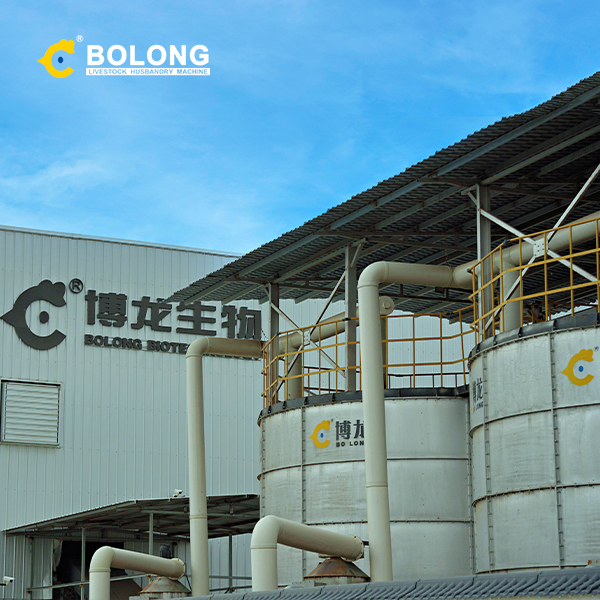
Sep 1, 2022 · However, process automatization seems to have particular benefits for FW composting. An automated thermophilic composting technology applied for FW from the retail sector shows good performances in eliminating pathogens and reducing mass (88 %) while processing 2,235 kg of fruits in a 14 days-time frame (Nenciu et al., 2022).
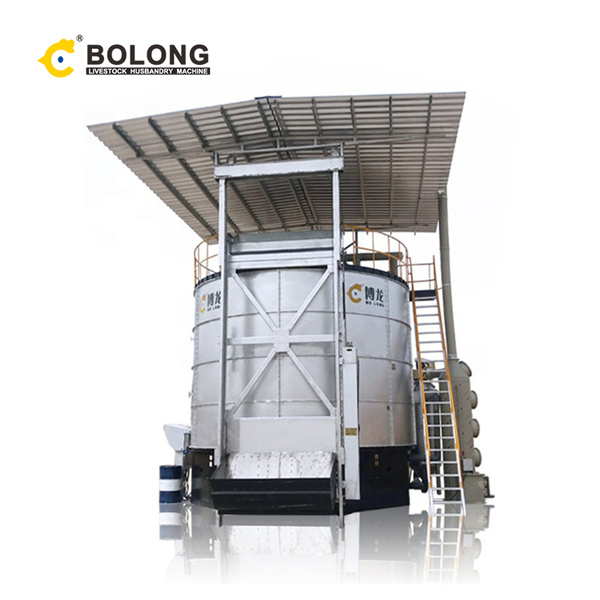
Feb 16, 2024 · Agriculture waste has increased annually due to the global food demand and intensive animal production. Preventing environmental degradation requires fast and effective agricultural waste treatment. Aerobic digestion or composting uses agricultural wastes to create a stabilized and sterilized organic fertilizer and reduces chemical fertilizer input. Indeed, conventional composting technology
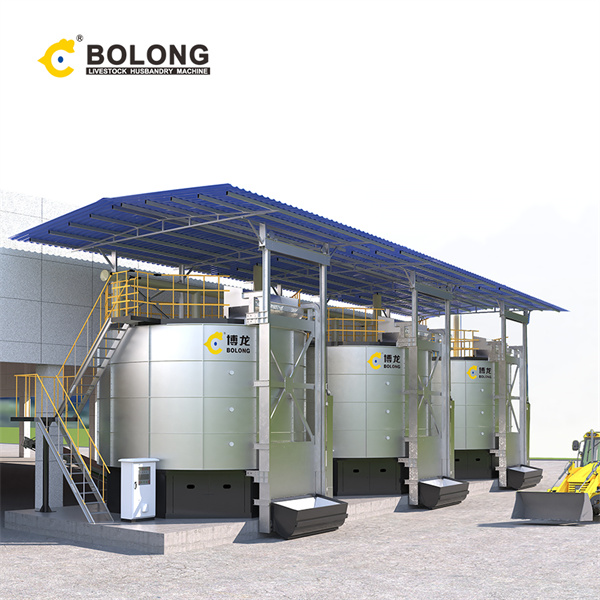
A Technical Explanation: The Advanced Composting system uses forced air and an air distribution to facilitate the timely replenishment of oxygen throughout the mixture for maximum composting efficiency. The ambient air is forced up through the mixture and the amount of air is carefully calibrated to provide just the right amount needed to purge
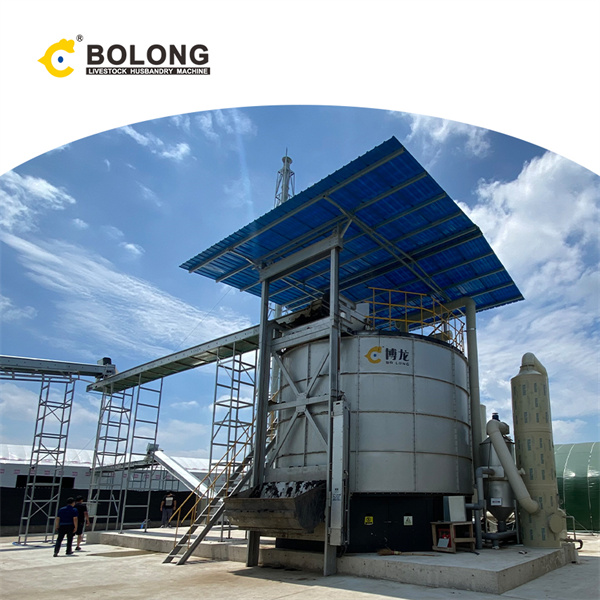
Livestock manure is one of the most important pools of antibiotic resistance genes (ARGs) in the environment. Aerobic composting can effectively reduce the spread of antibiotic resistance risk in livestock manure. Understanding the effect of aerobic composting process parameters on manure-sourced ARGs is important to control their spreading risk. In this study, the effects of process
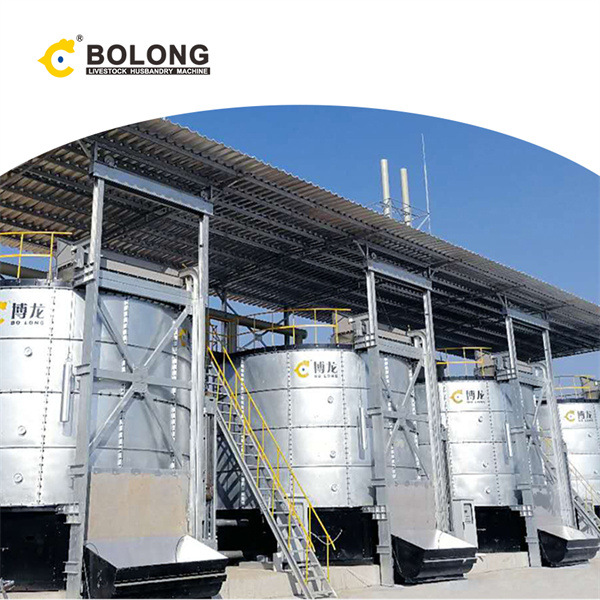
Feb 1, 2022 · Composting machines: Shovel car: Turning machine and gas supply system: Turning machine and gas supply system: Composting reactor: Turning method: 1 Time per week by shovel car: 7 Times per week by turning machine: 2 ∼ 3 Times per week by turning machine: Horizontal turning 24 times per day by composting reactor: Infrastructure: Ceiling: PVC
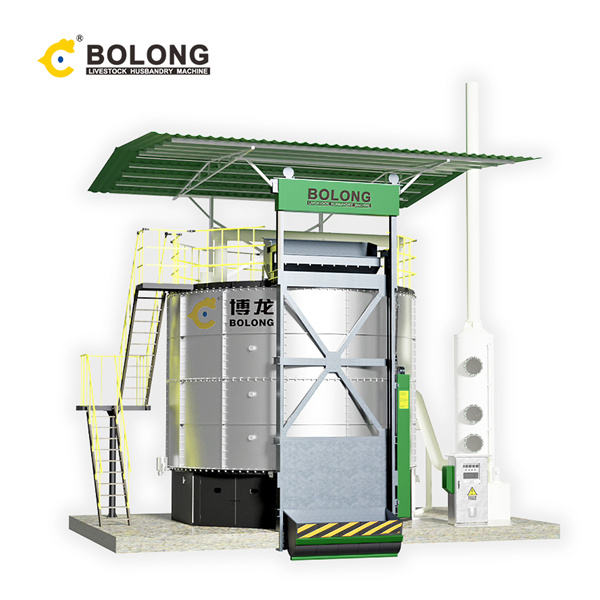
Sep 1, 2022 · Section snippets Innovations in design, operation and technology development. Technology development based on research and innovation activities is going to play a crucial role in improving the role of composting and vermicomposting practices during the transition to a circular economy and to obtain high-quality natural fertilizers for sustainable agricultural practices (Awasthi et al., 2022c).